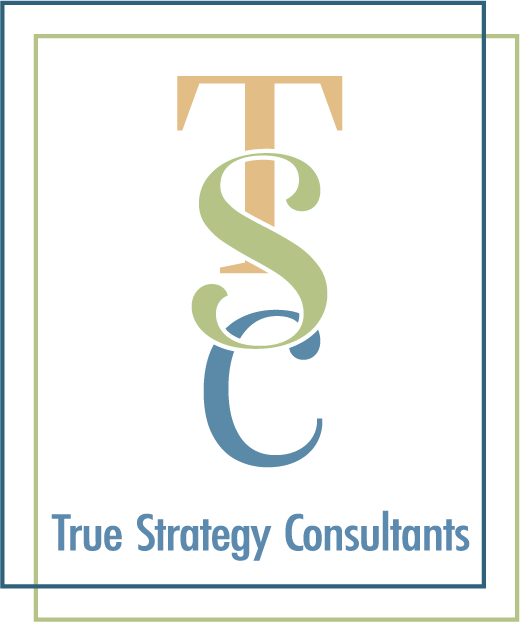So, we all know that SECURE 2.0 contained a TON of updates relating to retirement plans (92 to be exact). I will spend a few blog posts talking about provisions that will truly affect our plan sponsors and changes they might consider relating to their qualified retirement plans.
Before I start talking about the good of how employers can treat a participant’s student loan debt repayments, let’s talk about the recent Supreme Court decision on President Biden’s Student Loan Forgiveness Plan. So, I have mixed feelings on this…when I graduated from college I had student loan debt. My student loan debt took me about 10 years to pay off and yes it was hard and yes it limited my ability to start saving for retirement. But it also taught me responsibility and helped build my credit (and I knew I would have to repay the loans when I took them).
Biden’s loan forgiveness plan would have eliminated up to $20,000 of student loan debt. It would have erased student loan debt of about 20 million people and lowered student loan debt for about 20 million more. The argument is that student loan borrowers may be using that student loan payment for other expenses, but didn’t they think they might have had to start repaying it back at some point? Maybe we should have “taught” them to save that money or pay down other potential debt they had instead of spending it so that they would have been prepared to start making loan payments in case of this event.
Please note that there are definitely other ways that student loan debt can be lowered like an income-driven repayment plan. The other really great positive is the provision in SECURE 2.0 that allows employers to make matching contributions based on the employee’s qualified student loan repayments.
I think many employers will consider adding this to their plan. This way the employer will contribute any matching contribution into the plan which allows a participant to pay down student loan debt without entirely missing out on the matching contribution. It allows the participant to pay down their student loan debt and start saving for retirement. This provision is effective after 12/31/2023 and we still need some guidance especially on how they will prove the loan repayments to the employer.
But one thing is definitely true, adding this provision should definitely help retirement savings for that affected group. A 2018 Boston College Center for Retirement Research Study found that college graduates with student loan debt had 50% less in retirement savings at age 30 compared to those without student loan debt! Definitely something to think about!


